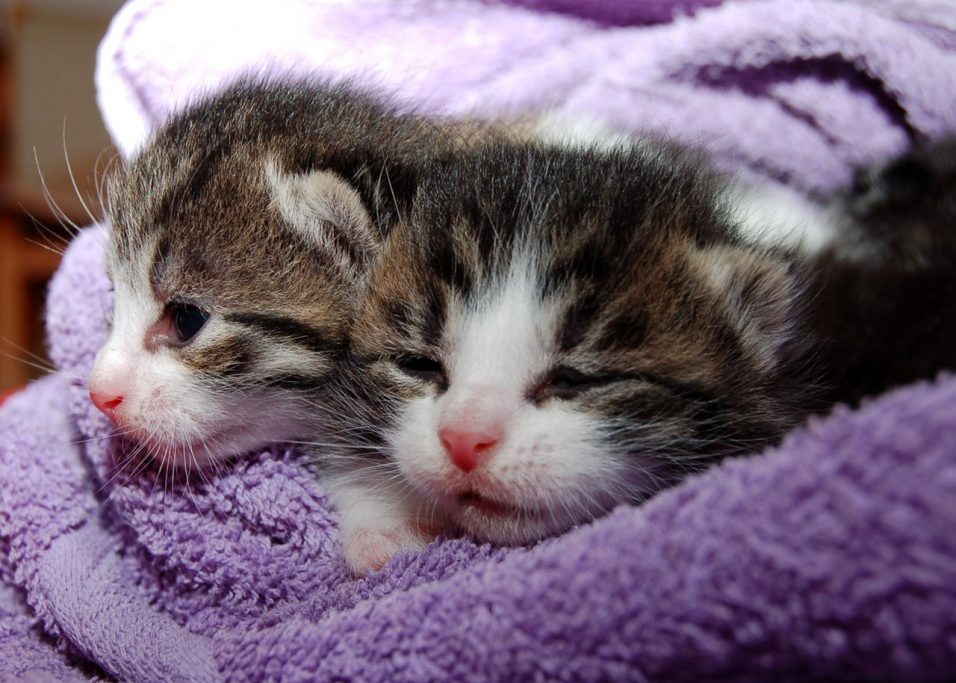The Imitation Game

I’ve always been a good mimic in terms of writing—not in terms of anything else, it should be noted; I have never been able to convincingly act like anyone else, or sound like anyone else, or dress like anyone else, even if we define ‘anyone else’ as ‘normal people.’ But when it comes to writing I’ve always been able to absorb someone else’s style and them replicate it, if I want.
When I was younger I did this constantly, in part because I was still forming my own style and in part because when you’re young everything you read blows your mind and you can’t wait to use every trick you just learned, like immediately. I still do it today; a few years ago I was reading a lot of F. Scott Fitzgerald for a while and I wrote a short story that is basically a riff on Fitzgerald that goes on for 3,000 words or so. But it’s more controlled now, more purposeful.
Recently I was hosting a page on Facebook about writing and mentioned the concept of imitating writers as a learning tool, and got some pushback from writers who were very, very strongly against the practice. Their argument boiled down to ?you shouldn’t imitate others, but rather find your own voice.’ Which is true enough, but I think they missed the point: Imitating other writers is all about finding your own voice.
A Continuum
Writing isn’t something you invented yesterday, after all. You’re part of a continuum, a tradition that goes back a very long time, and all of us are building on what came before. It’s like when I play guitar: Every now and then I come up with a riff or three that are actually kind of tasty, and I think, hmmmn, I’m not terrible. And then I think, if this was 1963 I could be the greatest guitar player in the universe, because I have a basic grasp of the intervening 50 years of guitar music.
In other words, when a writer crafts a story that revolutionizes and excites and transforms (or merely entertains) it’s not something they did in isolation. They read novels and stories for years, digested them, processed them, and then used those absorbed tools and tricks to create something unique.
In order to get to that point where you’ve got a toolbox full of ideas and techniques you can use to make something wholly your own, you have to first acquire those tools. That starts with the basics and then moves on to increasingly esoteric and specific things that only you can use and appreciate. Imitating other writers gives you practice with their tools, which you then modify and make your own.
So, don’t hesitate to copy your favorites writers. Write entire novels in someone else’s style, why not. In the end it will help you find your own. You can also do it with fashion, which is why I’m going to be wearing nothing but white suits from now on.









